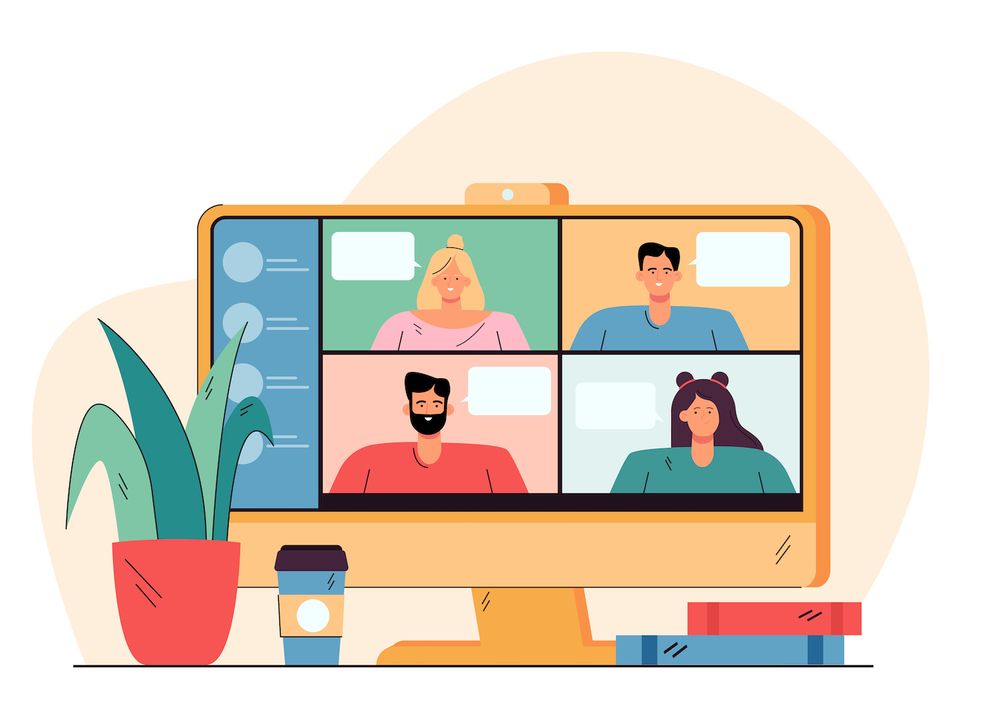Calendar
It's R2vgUULNXvgOULNXVh Cherie Hu of Water and Music discusses Web3 at Consensys 2022.
Water and Music, the publication and study DAO (decentralized autonomous organization) building the innovator's guide to the business of music, was designed to help facilitate discussions between people in music tech. Now they're going one step further by actively engaging the industry's brain to design research initiatives and rewards all those involved.
"My main reason behind this membership is helping people get to know the world more as well as understanding their own place within it," begins Cherie Hu, founder of Water and Music. She wants to help people become better prepared so that they have the best impact on their industry. One of her main mantras, especially in the context of business reporting, has focused on writing that can be used in action. "At the conclusion of every article, you'll get an idea of what to do in your industry or how to improve at your job. Making sure that you are able to bridge the gap between what the society need and our writing, is crucial," Cherie explains.
Today, the Water and Music team has grown to hold regular 'research sprints' that last between 10 and 12 weeks in which they choose a topic to glean as much information as they can to help their customers. For these research sprints, once they have decided on a topic, they go out and engage with members of the Water and Music community: "We inquire, 'What are you currently concerned about?' then we ask the community to provide [those responses]. The structure of the report is derived directly from these needs," she tells me.
As is the norm, Water and Music research sprints are extremely community-focused and collaborative. "It's a bottom-up ideation and we recruit a number of individuals to assist us do the editorial research," Cherie says. As of now, the Water and Music community has released two reports in this group structure. Keeping on-trend, they sold NFTs retroactively so that if people wanted to support this research effort, they had the option, and the proceeds were distributed equally among those who contributed. "It's obvious to me that the result of that research was so much better than if one individual tried to do all the things. It would be impossible to make the work fully completed!" she smiles. "It's been a great experience for me to see the potential of not only linking people, but also synthesising collectively knowledge."
Taking the power back
"It's more of academic concept, however I believe that it is applicable to Water and Music: we're a community of practise," Cherie continues. "The term was introduced in 1991 by the cognitive Anthropologist Jean Lave and educational theorist Etienne Wenger] and refers to a community of people that don't just have a shared interest in the same subject, but are also gathered to focus on finding out how to make something better."
She explains that this can correspond to people who are in the same industry or in similar roles across the different industries. They communicate frequently, and exchange knowledge. Water and Music will contribute in more than just creating tools and media that facilitate peer-to peer education: "That'll be a really vital aspect of our future: breaking down information silos in the industry of music and encouraging people to be more collaborative," Cherie adds.
There's a certain element of 'taking control back' with this. Cherie hopes to assure musicians that they are more in influence than it might seem: "Certainly, in the streaming industry, there's growing consolidations that are that are dominated by Spotify along with other tech giant businesses. Rates of royalties are dropping but everything is going to go downhill! We're offering artists the tools to understand the many different options. We're equipping artists and the individuals around them to think creatively."
Sux3d7DLXXZZZHfaqDqtw The Water and Music team
Cheire says that the expression "community of practice" initially meant professional community, however it is also applicable to artistic communities for example, as we have this one. In the case of Water and Music the exact focus is the music industry, and that comes down to the personal motivation. "I'm inspired by my work since I was a child playing piano. I spent a lot of being around classical music however, I am a fan of engaging with artists of all genres as well as hearing their thoughts regarding where technology is headed," Cherie continues. "Hopefully the knowledge we put out there helps artists and their teams understand tech better, and they'll be able to use it for creating cool art!"
The rabbit hole that leads to the bottom
The company's latest deep-dive analysis has focused on the mess that is Web3, the conceptual next technology of the internet based on blockchain technology. "We're trying to figure out how to understand the State of the Union for the latest trends in technology that affect music, specifically the ones that have a lot of noise," she explains. "Web3 is the perfect example due to the sheer amount of noise; no-one knows how it's all happening. This is the most absurd web and the rabbit hole just goes on and on. Then it's like, "What's happening? ?'!"
In the music industry it is not surprising that one of the biggest concerns is fan sentiment. "I believe that's one reason why a lot of musicians aren't doing NFTs in the moment: because of fear of the backlash of fans," she muses. "We produced a study on concerns around Web3. In the music industry there are many concerns around licensing as well as Intellectual property (IP) with NFTs. That was a whole chapter!"

the Water and Music meetup at the NFT.NYC conference
The next collaboration report in the community is in the process of being completed. "We're looking into even more mysterious subjects right now, like the metaverse -- whatever that means!" Cherie jokes. "We're not even trying to build any thing right now. We're just trying to figure out what people think about it and what people are confused about." The report contains interviews with artists, startup founders and industry professionals about how they define the concept of metaverse, and what they're trying to achieve in it as well what is proving problematic.
Cherie states that her goal is to blend this research with building online tools to address these issues. "We have done this in the past with a few Web3 topics already, such as second-hand sales of music using NFTs as well as shares of royalties. A few smart contracts say 10% to 20 percent of secondary sales should go back to the artist who originally created it and a lot of users have been expressing the idea as a profit. But I think the reality is that the vast majority of NFT's do not result in any secondary sales," Cherie explains. Cherie believes the value is more on the personal relationship and connection that the NFT represents, not in the possibility of having something to sell onwards again later.
Along with the report, Water and Music will be developing a tracker dashboard that the users are able to input their NFT collection and see the extent to which there has been further sales and if so, how the NFT has moved through the market. "We want to build more interactive tools: it's similar to interactive data journalism particularly for artists as they are probably those who think the most about the release or pricing NFT drops. We're creating essential frameworks and tools to help people do this analytical work themselves."
Conflicting visions
Cherie says that some of these newfangled terms become more complicated rather than clearer in the course of time "For the metaverse, for example, there's a huge disparity between the way the metaverse has historically and conceptually been defined, from to the 1960s." She explains that the Water and Music team is developing a model for understanding traditional definitions of the metaverse as well as the gaps between expectation and reality.
"The first sci-fi books that mentioned the metaverse had an expansive vision of the interconnectedness of virtual as well as IRL worlds. It's a long way from that vision right today. However, at the same time there is a trend in the world of music the artists say "I've just created my own world!' but they are really talking about a virtual world.
"There are now directly conflicting views of the metaverse,"" she adds. "You are dealing with Meta [Facebook's holding firm] and Epic Games on one side they are both centralized, with one company owning everything however, there's the concept of a Web3-forward, decentralized, metaverse with interoperable assets and identities. It is logical to explore blockchain technology and the role it has in supporting that, but that directly is in opposition to Facebook's strategy."
Cherie concludes that the metaverse "just been transformed into a nebulous term that anyone could use for their own benefit" and she is determined to break through the confusion. It is in line with Cherie's main purpose: Water and Music can critically and analytically dig into the subject, then be able to provide practical knowledge to guide people on about how they should react. It has practical applications, too, such as aiding artists and their teams to evaluate working with specific metaverse platform.

The Water and Music meetup at the NFT.NYC event.
Cherie concludes her tour in the usual manner and encourages collaboration in her Water and Music community. "In the coming months, we'll carry out interviews with artists as well as platforms and startup founders. Out research into the metaverse will likely continue into the summer into the fall and if anyone is keen to be involved in the metaverse, contact me. If you have suggestions for people to interview I'm open for suggestions!"
To be involved, to get involved, follow Cherie for updates on Twitter: @water andmusic. To become a member of the Water and Music community, and gain access to the community's in-depth research reports and Discord server, go to waterandmusic.com/membership.
